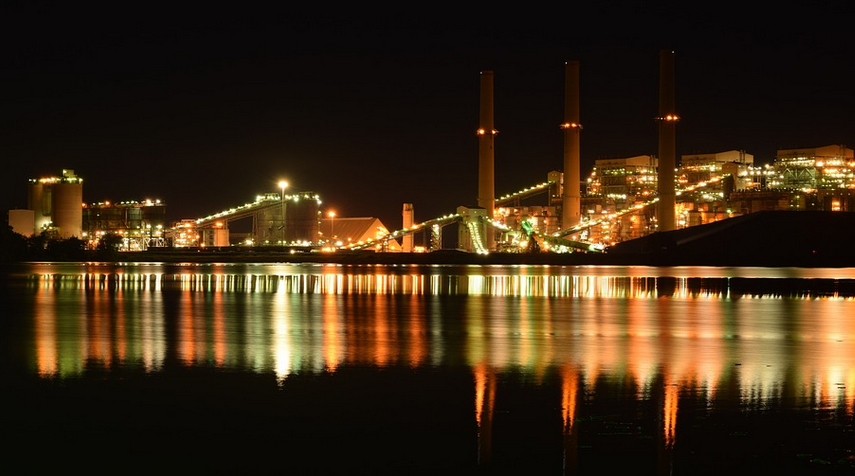Making Waste Matter: Your Guide to Boston’s Recycling System
In bustling Boston, a city steeped in history and vibrant energy, finding your way through the recycling system can sometimes feel like navigating a maze. But don’t worry! This guide aims to simplify the process for you, offering insights into how we manage waste, recycle responsibly, and contribute to a greener future.
**Understanding Boston’s Hierarchy:** Boston recognizes the importance of reducing waste before even considering recycling. Before rushing toward those bins, let’s understand the hierarchy of waste management:
1. **Reduce:** This is the most impactful action! Before throwing anything away, consider if it can be reused, donated, or repurposed. Buying less and using products with minimal packaging are great starting points.
2. **Reuse:** Think outside the box! Can that jar be used for storage? Is there a way to mend your clothes instead of discarding them? Reusing items extends their lifespan and reduces waste.
3. **Recycle:** This is where our city shines. Boston operates an efficient recycling system that encompasses various categories, with specific requirements for each. We’ll delve into these details in the following sections.
**What Goes Where: Familiarizing Yourself with Recyclables**
Recycling requires a clear understanding of what can be tossed in those bins. Here’s a breakdown of common recyclable materials in Boston:
* **Paper:** Newspaper, magazines, cardboard (in boxes or flattened), junk mail, paper bags, and tissue paper are all recyclable. But remember, the “paper” must be free from contaminants like food residues or plastic packaging.
* **Glass:** Bottles and jars (with lids) are typically recycled as glass. Ensure they’re clean and dry before putting them in the designated bins.
* **Plastic:** Most plastics marked with a recycling symbol (see below), such as PET, HDPE, PVC, and LDPE, can be recycled. However, it’s essential to check for specific guidelines for each type of plastic before tossing them into the blue bin.
* **Metal:** Aluminum cans and tin foil are recyclable and often found in designated bins or recycling programs within your complex. It’s a good idea to separate metal from other recyclables to ensure efficient processing.
**The Recycling System: A Closer Look at Bins and Programs**
Boston’s recycling program operates through various methods that allow for easy sorting and collection of materials:
* **Blue Bin:** The most common container is the blue bin, reserved specifically for recyclables. Ensure you understand the specific rules around what can be placed in this bin.
* **Contamination Rules:** To ensure efficient and responsible recycling, Boston emphasizes proper sorting. Avoid placing non-recyclable items in the blue bins; contamination throws off the entire process. This could lead to your recyclables ending up as waste!
* **Drop-off Centers and Curbside Collection:** For larger items like electronics or bulky materials, drop-off centers are readily available across Boston. The city also provides curbside collection for certain recyclable items, streamlining the process.
**Beyond Recycling: Making a Positive Impact**
While recycling is a crucial step, it’s just one part of Boston’s commitment to sustainability. Here’s how you can make further efforts:
* **Composting:** Turning food waste into valuable compost enriches soil and reduces the amount of garbage going to landfills. Check out your local composting program or explore options for home composting.
* **Energy Conservation:** Using energy-efficient appliances, conserving water, and choosing sustainable public transportation can all contribute to a greener future.
* **Support Local Initiatives:** Many organizations in Boston dedicate efforts to promoting sustainability. Find local groups or initiatives that resonate with your interests and contribute your time or resources to make a difference.
**Beyond the Basics: Staying Informed and Getting Involved**
The city of Boston constantly updates its recycling program to maximize efficiency and effectiveness. To stay informed about new initiatives, policies, and guidelines:
* **Visit the City Website:** The official city website offers a wealth of information on their recycling system, including specific guidelines and FAQs.
* **Contact the Department of Environment, Energy & Sustainability:** For any queries or clarifications regarding the program, reaching out to this department is always an option.
**Recycling: A Collective Effort for a Sustainable Future**
Boston’s commitment to recycling goes beyond just sorting and collecting materials. It’s about building a culture of responsibility and environmental consciousness that empowers residents to make a difference. By embracing these principles, we create a more sustainable tomorrow for generations to come.
**Remember, every action counts! Your participation in Boston’s recycling program is instrumental in creating a cleaner, greener, and more sustainable future for the city and its people.**
